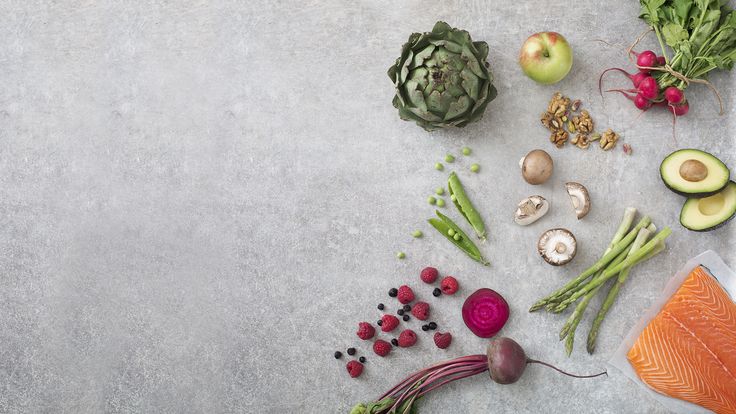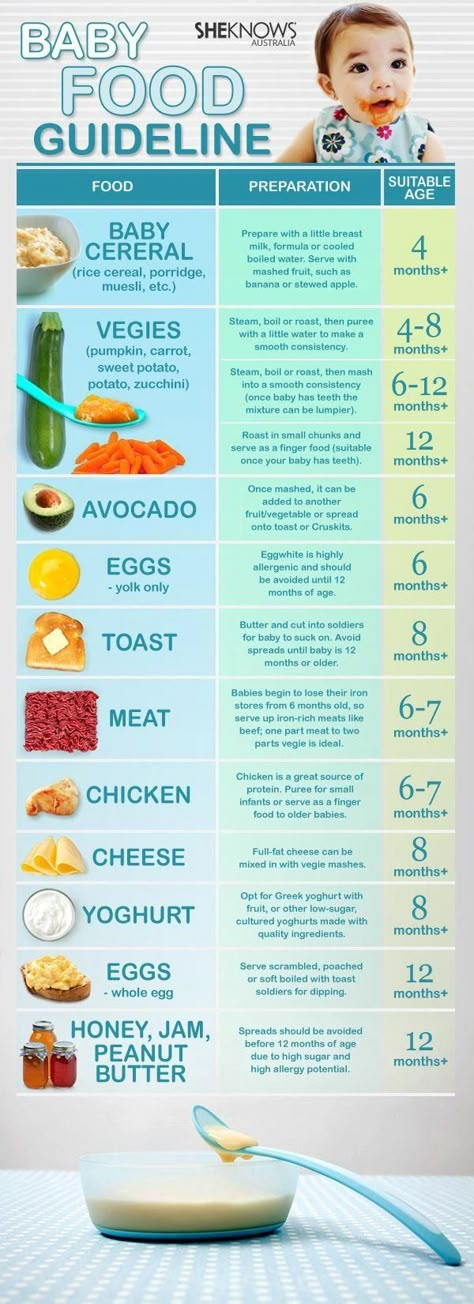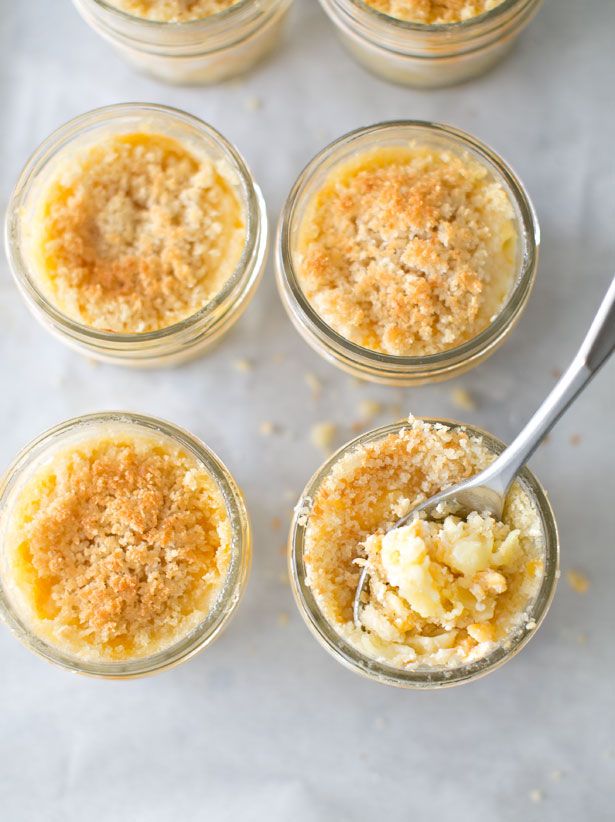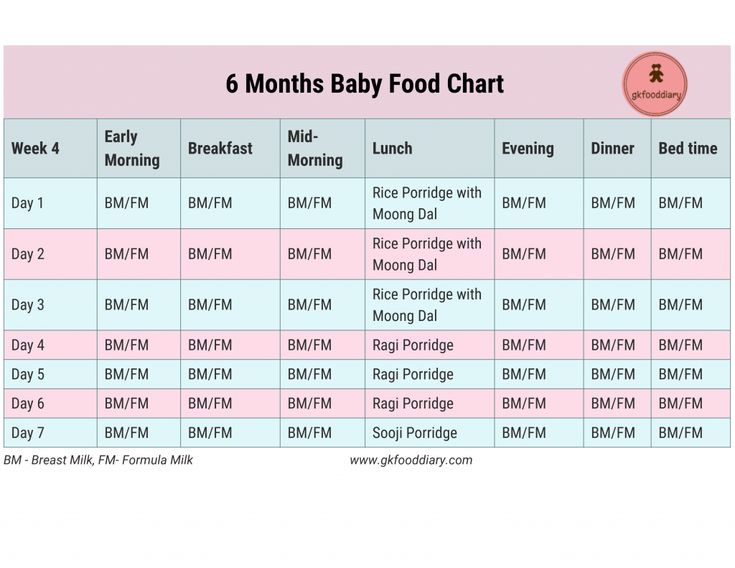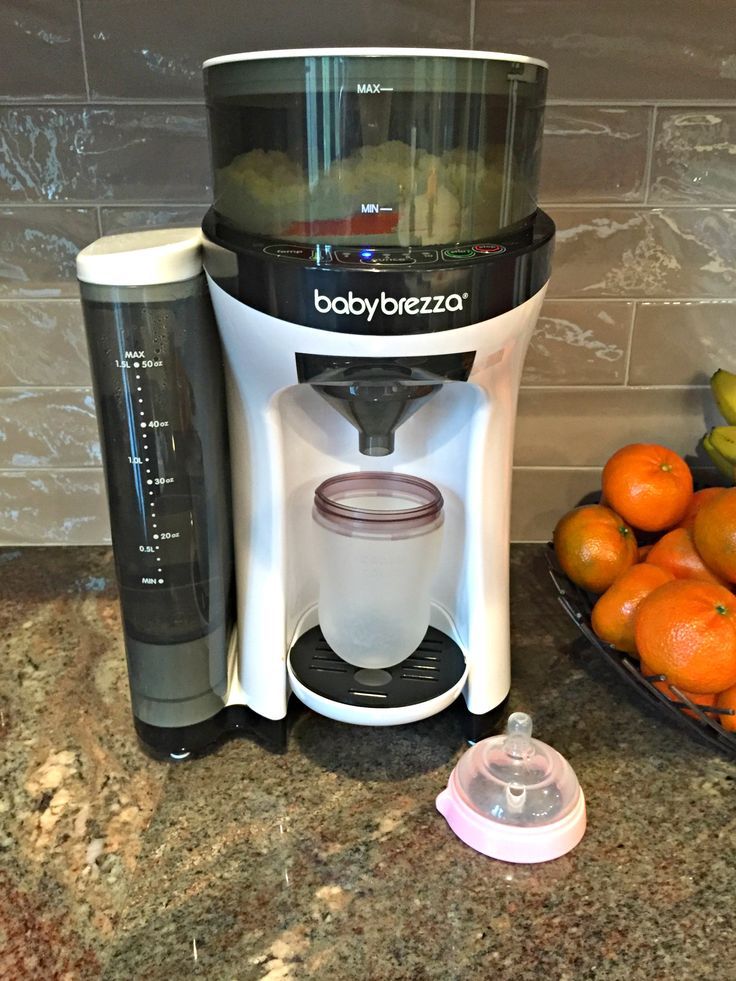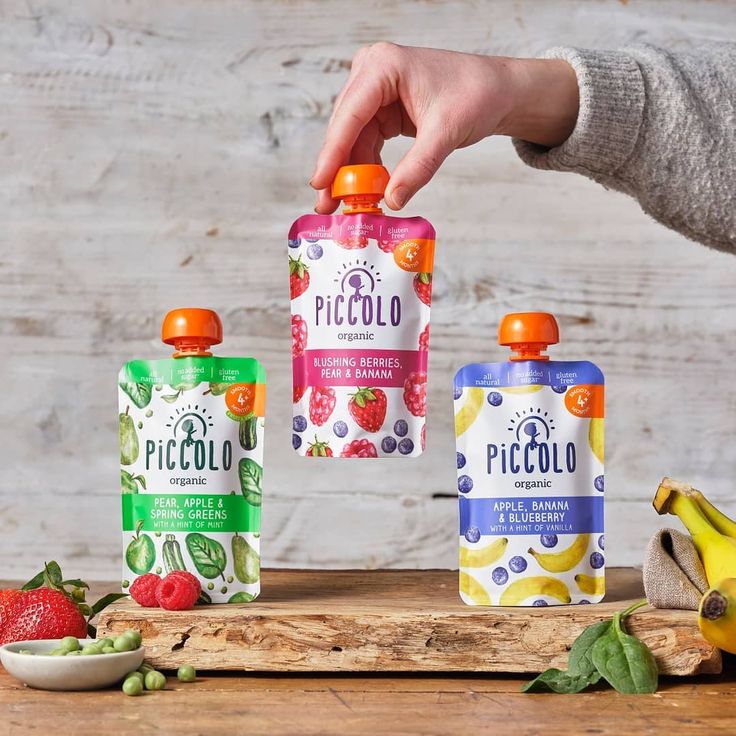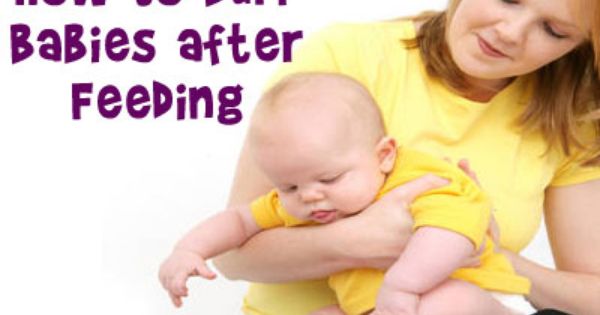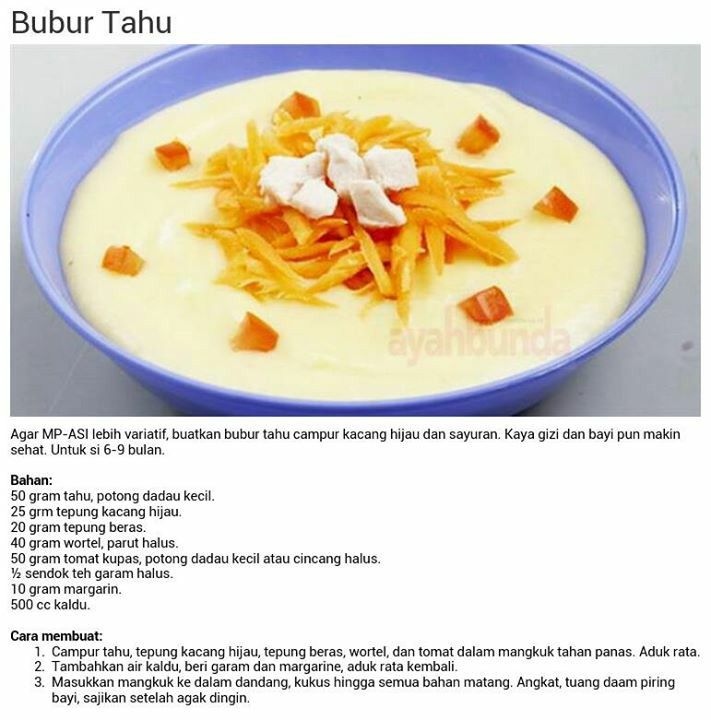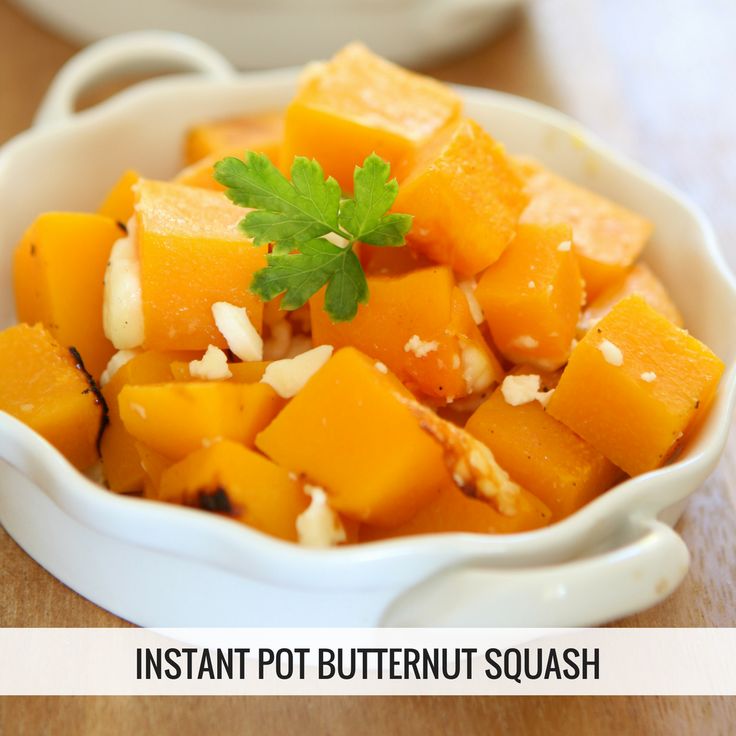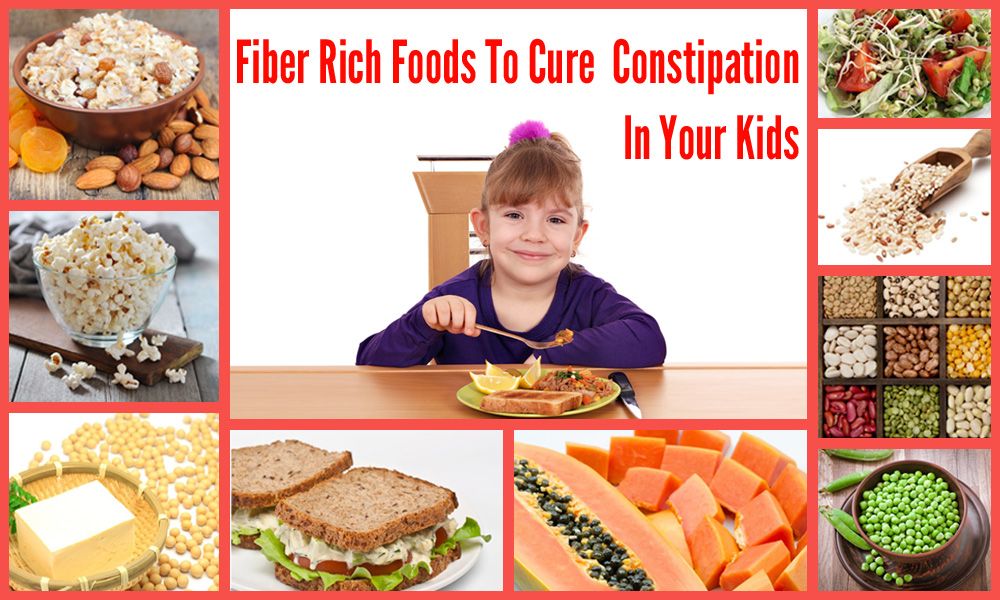What do vegan moms feed their babies
Bringing a baby up as vegan | Features
By Helen Crawley
What is a vegan diet?A vegan is usually defined as someone who eats only a plant-based diet. Vegans avoid eating meat, fish, milk, eggs and any other foods or ingredients that come from the killing of an animal or from agricultural practices that lead to unnecessary death or suffering. This includes, honey and foods that contain ingredients such as gelatin or animal fats, as well as additives from animal sources.
The first six monthsIt is often the case that families who choose to bring their baby up on a vegan diet will choose to breast-feed, if they can. There are currently no infant formulas suitable for vegan infants on the market in the UK – even if they contain no animal-derived ingredients (for example, the protein source is from soya or from hydrolysed vegetable protein), the vitamin D that is added will have been sourced from sheep’s wool lanolin. Soya protein-based formula should not be given to infants under the age of six months unless under medical supervision.
The main recommended milk drink throughout a baby’s first year is breast milk, but if families choose to use an infant formula, a first whey-based formula is recommended (which won’t be vegan).
The second six monthsFrom six months, babies are usually developmentally ready for solid foods to complement their milk feeds. In the first year, the main milk drink should remain either breast or formula milk. Unsweetened calcium-fortified soya milk, nut milks, oat or coconut milk can be used in cooking (for example, to soften mashed potato or make sauces), but not as baby’s main milk drink.
It is important not to give rice milk to under fives, as it has been shown to contain traces of arsenic, and would exceed their tolerable daily intake.
Foods to offer from six monthsIf you’re planning to bring your baby or child up on a vegan diet, you need to make sure they get a wide variety of foods to provide the energy and vitamins they need for growth.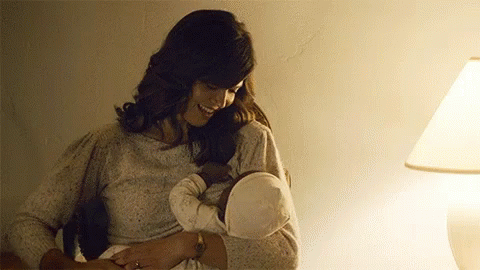 Check with your health visitor about the recommended vitamin supplements you should offer in the first year of life – we recommend all breast-fed babies receive a supplement of vitamins A, C and D from six months of age, but vegan babies may also benefit from an iodine and vitamin B12 supplement.
Check with your health visitor about the recommended vitamin supplements you should offer in the first year of life – we recommend all breast-fed babies receive a supplement of vitamins A, C and D from six months of age, but vegan babies may also benefit from an iodine and vitamin B12 supplement.
First foods for vegan babies should include vegetables, potatoes, cereal foods (such as, polenta, porridge, pearl barley, quinoa, millet), pulses, tofu, ground nuts, and seeds and fruits.
Protein is needed for growth and for maintaining and repairing body tissues, as well as to make enzymes that control many body functions. Vegan infants need a good variety of protein foods, such as peas, beans, lentils, soya beans, tofu, soya yoghurt, nut and seed butters, as well as cereal foods and grains. Pulses are very good first foods to offer because they can be mashed easily and provide a variety of tastes and textures.
Other important nutrients to considerIron is essential for lots of body functions – it’s important for babies to receive adequate amounts during the second six months to avoid becoming iron deficient.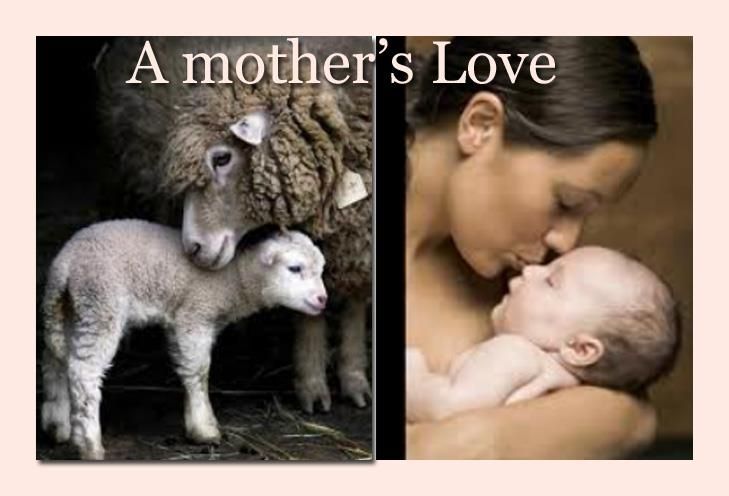 This can lead to a reduced resistance to infection, loss of appetite and iron-deficiency anemia in the early years, which can impact intellectual performance and behaviour in children. It’s important to offer a good range of foods that contain iron, as soon as solid foods are introduced.
This can lead to a reduced resistance to infection, loss of appetite and iron-deficiency anemia in the early years, which can impact intellectual performance and behaviour in children. It’s important to offer a good range of foods that contain iron, as soon as solid foods are introduced.
Vegan sources of iron include: whole grains, pulses (such as, peas, beans and lentils), nuts and seeds, green leafy vegetables, tofu, dried fruit, and fortified breakfast cereals (if these cereals are also fortified with vitamin D, remember to check that the source is acceptable to vegans).
It can be tricky to get enough iron into a vegan diet, and if a baby has a small appetite then families should seek advice on the kinds of fortified foods they may wish to introduce as food intake increases. The absorption of iron may be enhanced if foods or drinks rich in vitamin C are consumed at the same time. Iron from plant-based sources is less bioavailable (which means the body cannot absorb it as easily) than those from animal sources, so anything you can do to enhance its absorption, the better.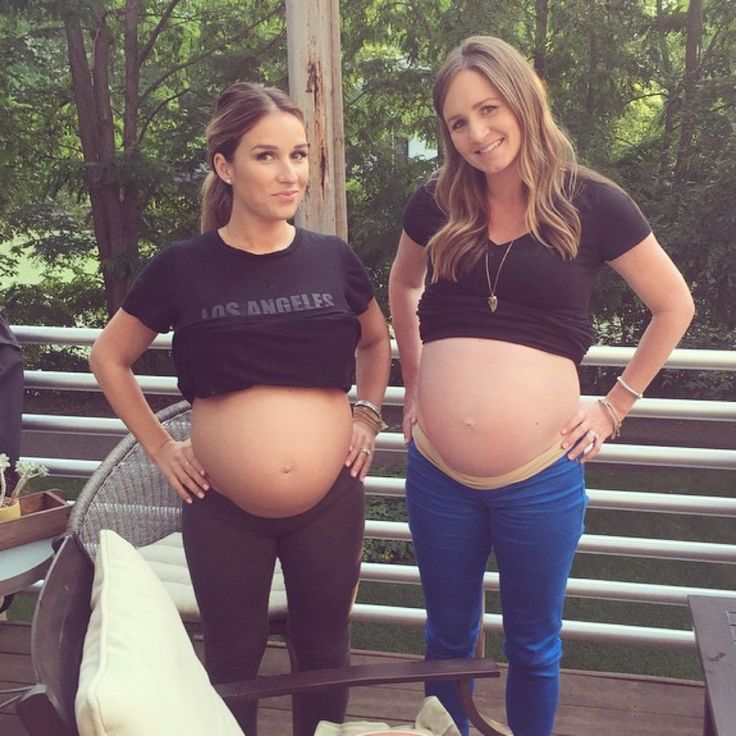
Zinc is required for the functioning of every organ in the body – it plays a major role in the metabolism of macronutrients (such as, protein, fat, carbohydrates and so on) immune health, vitamin A utilisation and in wound healing. Like iron, zinc from plant-based sources is less bioavailable than zinc found in animal sources, so it is important to make sure that vegan children have foods rich in zinc on a daily basis. These include: pulses, whole grains, wheat germ, tofu, seeds and nut butters.
Calcium requirements in children are much higher than they are for adults for building and maintaining bones and teeth, for nervous system health and muscle function among others. Most infants get the majority of their calcium from breast milk or formula milk, but it’s important for vegan infants to get used to good non-dairy sources of calcium in their diet. These include calcium-fortified soya, almond, oat or coconut milks, tofu, green leafy vegetables, pulses, ground almonds, tahini, figs and seeds as well as cereal foods.
Iodine is essential for thyroid gland function, which regulates the body’s metabolism (affecting heart rate, body temperature and how the body uses energy from food) and is also important for brain development. There are few good plant-based plant sources of iodine and families may be advised to offer a supplement as infants and young children get used to different sources of food. There is some iodine in cereal foods, nuts and some vegetables, but the amount may be variable. It’s important to be aware that the high quantity of iodine found in some sea vegetables, such as seaweed, can be harmful. Vegans should only use a small amount of sea vegetables that are known to have a consistent iodine content, for example: nori, wakame and arame. Many plant-based milk drinks are fortified with iodine and these can be used usefully in cooking.
Vitamin B2, or riboflavin is particularly important for the brain and nervous system as well as for our metabolism. In the UK, most riboflavin is obtained from dairy products and therefore vegan children need to make sure they have a good variety of alternative sources – these include wheat germ, nutritional yeast, pulses, almond butter or ground almonds, avocados, mushrooms and green leafy vegetables. Most unsweetened calcium-fortified non-dairy milks, such as nut or soya milk, contain riboflavin – just 300ml of unsweetened fortified non-dairy milk will provide 80% of the daily riboflavin a 1- to 4-year-old needs.
Most unsweetened calcium-fortified non-dairy milks, such as nut or soya milk, contain riboflavin – just 300ml of unsweetened fortified non-dairy milk will provide 80% of the daily riboflavin a 1- to 4-year-old needs.
Vitamin B12 is required for protein synthesis, red blood cell production and nervous system function. Deficiency can lead to the loss of energy and appetite. Vitamin B12 is found almost exclusively in animal products – the only good sources for vegan children are those that are fortified with vitamin B12. Yeast extract is also a good source of vitamin B12 and some dairy-free spreads are fortified. Vitamin B12 fortified nutritional yeast can be a useful cheese replacement in recipes.
It’s possible for a baby to get all the nutrients they need from a good, varied vegan diet and breast milk, but it is also important to take any supplements recommended by your health visitor. However, the first year of life is an important window of opportunity to introduce a wide range of foods, and when baby reaches 12 months they will be reliant on food for the majority of their energy and nutrients.
For more helpful advice and information, visit:
www.firststepsnutrition.org/
Is Breastmilk Vegan? What to Know About Breastfeeding a Baby
© iStock.com/kali9
Breastmilk is the number one choice for many new moms, including vegan ones. It contains antibodies that protect babies from infection, plays a role in the prevention of sudden infant death syndrome (SIDS), and can lower a child’s risk of developing asthma and allergies later in life. Many vegan mothers are asked if they plan to breastfeed their babies, with the misunderstanding that vegans eschew even human milk. But whether to breastfeed is a choice that humans get to make, while cows and other animals abused for dairy production don’t.
In addition to the various health and environmental benefits of choosing a vegan diet, many vegans choose not to eat animal products because they firmly believe that animals are not ours to use. Like all mammals, a human mother produces milk for the sole purpose of nourishing her baby.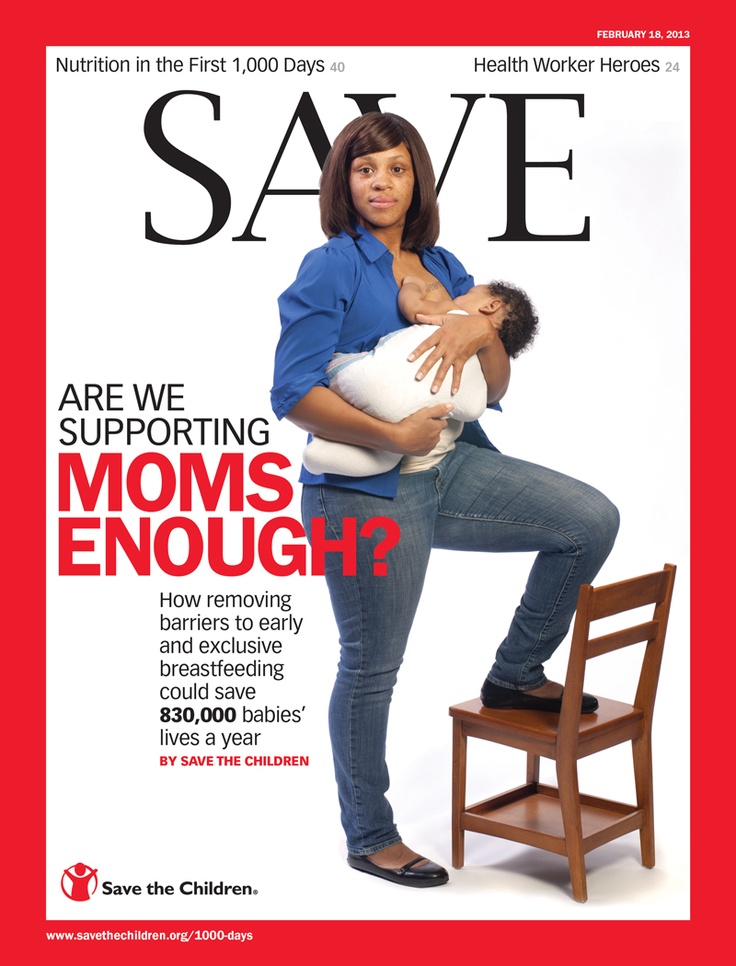 So for vegan moms and their babies, there’s no moral contradiction in breastfeeding.
So for vegan moms and their babies, there’s no moral contradiction in breastfeeding.
© iStock.com/kali9
Margie Deutsch Lash, an International Board Certified Lactation Consultant, says the following:
Mammal milk is species specific. Cow’s milk is for calves. Human milk is for human babies. Each mother makes the perfect food for her baby. The breast milk composition changes as the child grows so that the milk of a mother with a three month old is totally different than the milk this same mother produced when that baby was a newborn. These changes are specifically designed by nature to meet the continuing developmental needs of the child.
Additionally, the Academy of Nutrition and Dietetics (formerly the American Dietetic Association) agrees that it’s appropriate for breastfeeding mothers to be vegan:
It is the position of the American Dietetic Association that appropriately planned vegetarian diets, including total vegetarian or vegan diets, are healthful, nutritionally adequate, and may provide health benefits in the prevention and treatment of certain diseases.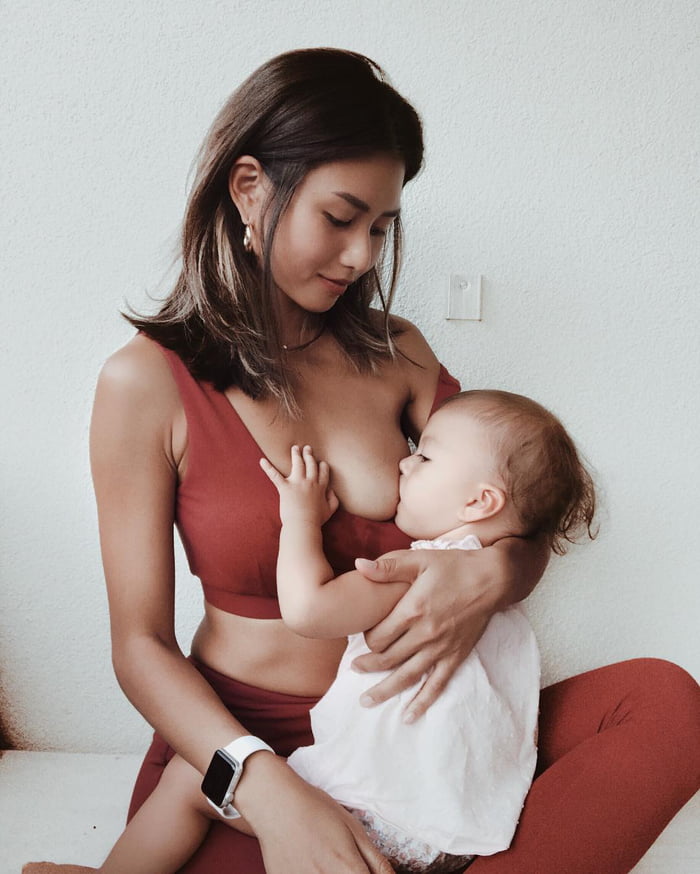 Well-planned vegetarian diets are appropriate for individuals during all stages of the life cycle, including pregnancy, lactation, infancy, childhood, and adolescence, and for athletes.
Well-planned vegetarian diets are appropriate for individuals during all stages of the life cycle, including pregnancy, lactation, infancy, childhood, and adolescence, and for athletes.
Vegans can, and often do, breastfeed their babies. And if you’re a breastfeeding mother who has had an epiphany about the cruelty behind the gallon of cow’s milk in the fridge, it’s never too late to make the transition to a healthy—and compassionate—vegan lifestyle for yourself and your family.
Lactation bars are becoming a popular way to boost the supply of breast milk while satisfying cravings for a snack. The Boobie Bar is a vegan lactation bar made of flaxseed, oats, and herbal ingredients. It comes in Oatmeal Chocolate Chip, Blueberry Coconut, and Gluten Free Peanut Butter varieties.
© BoobieBrands
PETA is a participant in the Amazon Services LLC Associates Program, an affiliate advertising program designed to provide websites with a means to earn advertising fees by advertising and linking to Amazon.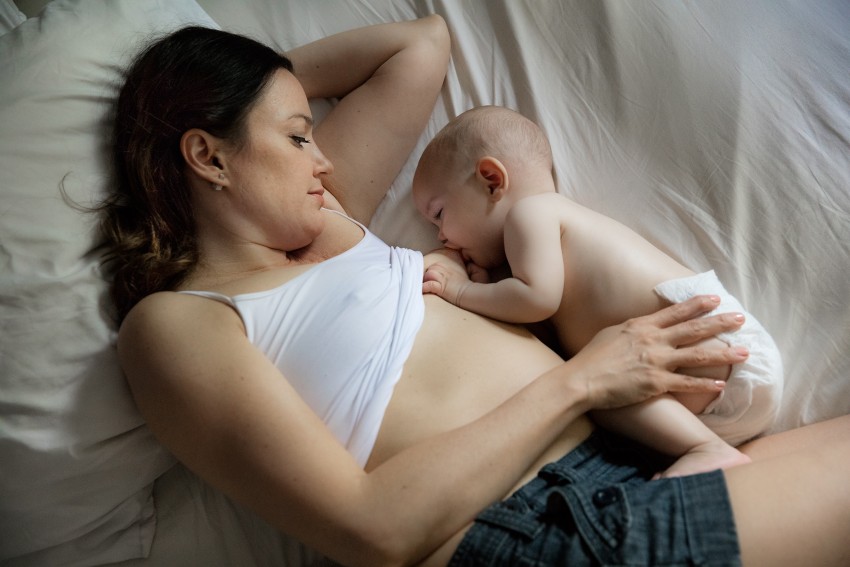 com.
com.
“Almost all of us grew up eating meat, wearing leather, and going to circuses and zoos. We never considered the impact of these actions on the animals involved. For whatever reason, you are now asking the question: Why should animals have rights?” READ MORE
— Ingrid E. Newkirk, PETA President and co-author of Animalkind
Read More
Vegan parents
"I lost the support of my family, but my daughter remained vegan"
Stories of vegan and vegetarian parents who, with varying degrees of success, integrate their dietary principles into everyday life
Increasingly, people in Russia refuse meat, and someone refuses milk. In the consumer market, analysts record demand for vegan products in stores and dishes in cafes. A year ago, a whole column of vegans passed on Tomsk May Day. And if for adults this type of food has become more or less familiar, then parents who choose a plant-based diet for their child are often perceived aggressively by society. How do such families live and what does medicine think about it? nine0009
How do such families live and what does medicine think about it? nine0009
"I don't regret that I completely lost all the support of my family, but Lena remained a vegan"
Tanya is 33 years old, she has not eaten meat since she was 19 - for 14 years. Her daughter Lena is seven years old and has been on a plant-based diet since birth.
As Tanya herself says, in order to become a vegetarian, there were many prerequisites. The main one is the social circle. "In my environment there were straight ages (Straight edge, from English -" a clear line ", sXe - a philosophical offshoot of punk culture, based on the idea of self-control. It arose in response to the sexual revolution and hedonism), vegans. From these people, I learned something for the first time. Then I came across a material where there were videos from farms. It showed how meat is produced. This video finished me off, the decision was made, "says Tanya. - Being a vegetarian in Novosibirsk, where I studied then, was relatively easy. But there were no special products. At the time, veganism seemed crazy to me. I thought it was overkill."
But there were no special products. At the time, veganism seemed crazy to me. I thought it was overkill."
Then, about ten years ago, Tanya moved to Moscow and discovered the world of "Moscow veganism" while visiting friends in search of accommodation. In Moscow, already in those days there was a choice of plant products, you could find protein-rich soy products. "On the third day after I moved, I became a vegan. It became clear to me that vegans are normal guys who eat normally, they have everything."
The reason for giving up meat and dairy is ethical. Tanya's health issues did not bother then. "It became obvious to me that the violence and suffering of other living beings cannot bring any benefit." For the first time, Tanya began to take a serious interest in how a vegan diet affects health after three years of a pure plant-based diet, when she found out that she was pregnant. I received urgent recommendations at one of the inspections to eat at least chicken or turkey and decided to study articles and literature on the topic. nine0009
nine0009
“
I did not immediately decide that Lena would be a vegan. And, of course, I had my doubts. First of all, I was interested in how even I myself should eat during pregnancy. As a consequence, the question is: will the child himself be a vegan or not? I was afraid, because such phrases like “Well, okay, but is the child poor?”, “But the child will need to be fed normally.” Of course, it was all frightening, because responsibility frightens and it was impossible to treat recklessly - maybe somehow - it was impossible, - Tanya recalls. nine0004
I studied a lot of literature on the topic. The end point in the decision was the book "Healthy Eating for Children" from the Physicians Committee for Responsible Medicine. "I was convinced that vegan nutrition is the most correct, logical and there can be no doubt about it, because eating meat, fish is bad and harmful from all angles, and vegan is correct from all angles.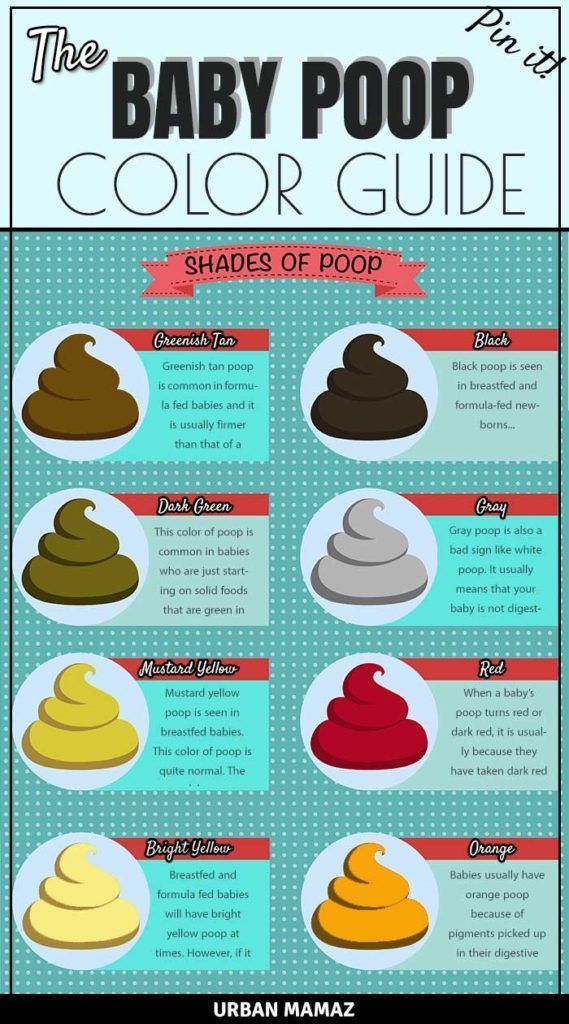 This was confirmed by all the latest adequate studies. I I can honestly say that if some study or book, at least something, gave me an accurate guarantee that it is necessary to feed a child with meat or it is impossible to raise a healthy child without milk, I will honestly say that I would give meat and milk, "says Tanya. nine0005
This was confirmed by all the latest adequate studies. I I can honestly say that if some study or book, at least something, gave me an accurate guarantee that it is necessary to feed a child with meat or it is impossible to raise a healthy child without milk, I will honestly say that I would give meat and milk, "says Tanya. nine0005
During the first year of her life, Lena ate breast milk. Then vegetable products were gradually added to the diet. Friends and acquaintances reacted calmly to the choice, but it was hard with relatives. After leaving school, Tanya always lived in another city, she rarely saw her mother and grandmother.
"Somehow we were passing through Moscow on vacation, staying with us. And yes, I heard terrible things, especially from my grandmother, that my child would be disabled, that he would grow up underdeveloped. It was all very frightening. Such a scheme works that even if the opinion of a person is not somehow significant for you, but such a phrase can sink into consciousness like a seed, somehow pop up and scare.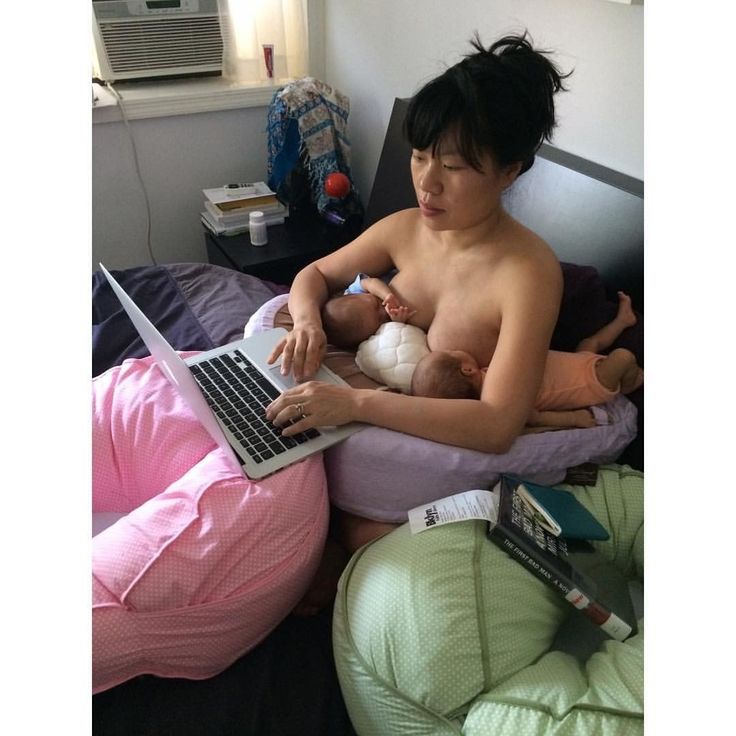 When they stayed with us in Moscow, they violated the rules of conduct, so to speak.There was a rule in the house: do not cook and not to bring meat and products of animal origin, they violated. Roughly speaking, with their charter in a strange monastery, all together: psychological pressure, just disrespect, plus personal things. All this led to the fact that I stopped communicating with them completely. The next time they wanted to visit us, I said that we could meet, but you don't stay with us anymore," says Tanya. nine0005
When they stayed with us in Moscow, they violated the rules of conduct, so to speak.There was a rule in the house: do not cook and not to bring meat and products of animal origin, they violated. Roughly speaking, with their charter in a strange monastery, all together: psychological pressure, just disrespect, plus personal things. All this led to the fact that I stopped communicating with them completely. The next time they wanted to visit us, I said that we could meet, but you don't stay with us anymore," says Tanya. nine0005
Refusing to communicate with relatives was not easy, especially for Tanya, who raised her daughter alone. He says that he cannot remember a single vegan girl among his acquaintances who, even if they wanted to feed their children with plant foods, would manage to defend this right from their relatives.
"I had and still have acquaintances of vegan mothers whose children are not vegan. Just for the reason that grandmothers, who mostly help, they insist or, when the child is with them, feed at their own discretion.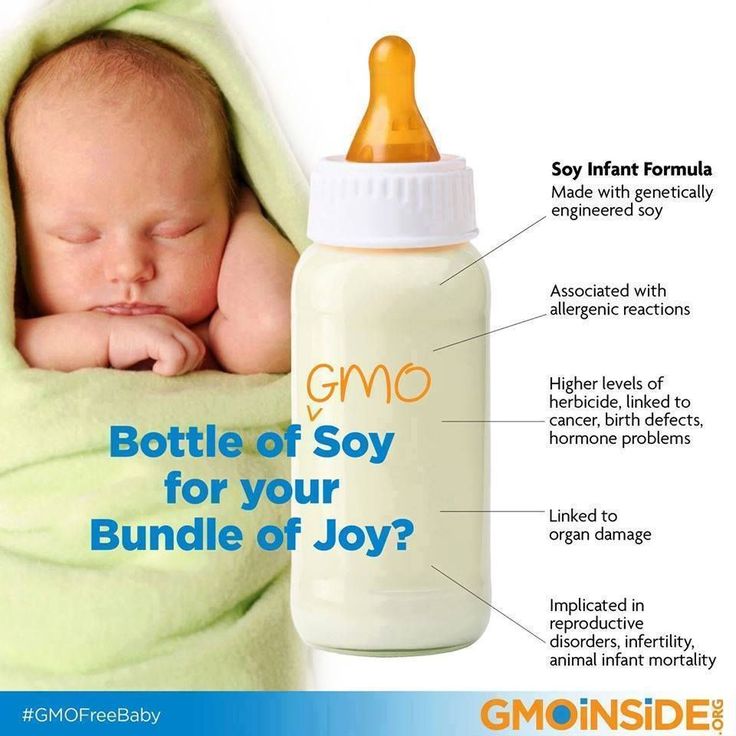 And mother is nothing "can't help it. If you start to conflict, you simply won't get the support and help you need. I'm not throwing a stone at anyone here, because raising a child is very difficult both morally and financially. But relatives really interfere a lot into life and push through." nine0009
And mother is nothing "can't help it. If you start to conflict, you simply won't get the support and help you need. I'm not throwing a stone at anyone here, because raising a child is very difficult both morally and financially. But relatives really interfere a lot into life and push through." nine0009
“
My example is so bold. I can honestly say that I am even proud of myself and I want to inspire parents to put their personal principles and ideas at the forefront, without bending under the opinions of others. It was hard for me, but I survived. And Lena is a healthy child, everything is fine with her. I do not regret that I completely lost all the support of the family, but Lena remained a vegan, says Tanya.
Tanya had no problems with food in kindergarten and school. In Moscow, Lena went to a private kindergarten. I just asked the staff if it would be difficult to organize meals without meat and milk. They agreed that Lena was not given meat, but the portions of the garnish were increased.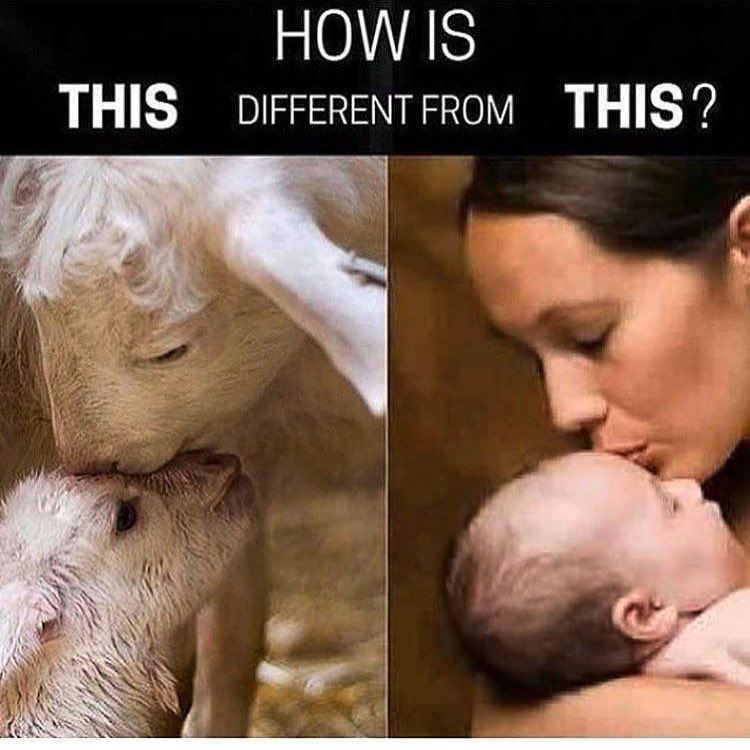 "In principle, they often had vegetarian children, they were understanding. It must be taken into account that the garden is private and the group is small. They could allow an individual attitude. Maybe it depended on the caregivers. I can imagine that they had a different opinion about the children food, but they didn’t climb in. It was not an elite kindergarten. Then, 4-5 years ago, I paid 25 thousand a month, which is cheap by Moscow standards, "says Tanya. nine0005
"In principle, they often had vegetarian children, they were understanding. It must be taken into account that the garden is private and the group is small. They could allow an individual attitude. Maybe it depended on the caregivers. I can imagine that they had a different opinion about the children food, but they didn’t climb in. It was not an elite kindergarten. Then, 4-5 years ago, I paid 25 thousand a month, which is cheap by Moscow standards, "says Tanya. nine0005
She remembers hearing different life hacks on how to "organize" vegan food in a Russian municipal garden. For example, someone made fake certificates that the child was allergic to "unwanted" foods. About two years ago, Tanya and her daughter moved to Finland. Here Lena went to kindergarten for another six months. When enrolling in the questionnaire, it is enough for the mother to simply indicate the type of food, and "she had her own milk, instead of sausage she had vegan". It's the same at school, where cooks cook separately for children without meat and milk.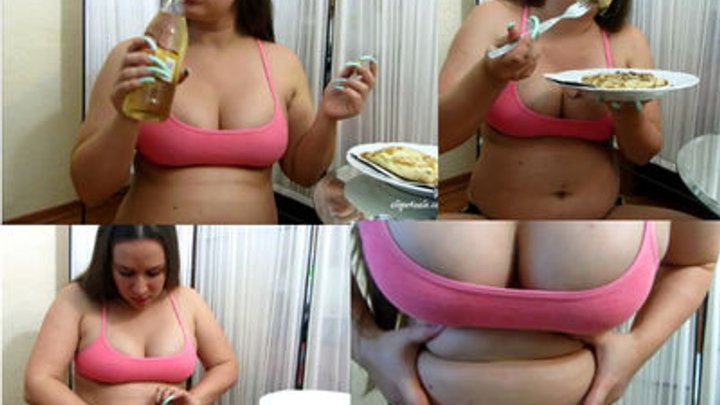 nine0009
nine0009
Many people think that on a plant-based diet, you need to eat often and cook often to get the right amount of nutrients. Tanya disagrees. He says it all depends on the person. If he likes to cook and eat complex food, then maybe. They eat simply, adhering to the principle of diversity. For example, for breakfast they eat a salad of boiled quinoa, lettuce, carrots, avocados, walnuts and sunflower seeds with oil dressing. Often boiled porridge. For lunch, vegetables are stewed with tofu (a curdled soy product rich in protein). Try to snack on fresh foods, vegetables and fruits. The diet includes legumes, vegetable milk, soy semi-finished products, which are many in Finnish stores. “I randomly give Lena vitamins. The last time they took full tests for them, everything was normal,” says Tanya. nine0009
"I don't remember that Lena just took it and asked: "Mom, why do we eat like that?" Because for her this is an absolutely natural state, because we just don't eat animals and it goes without saying.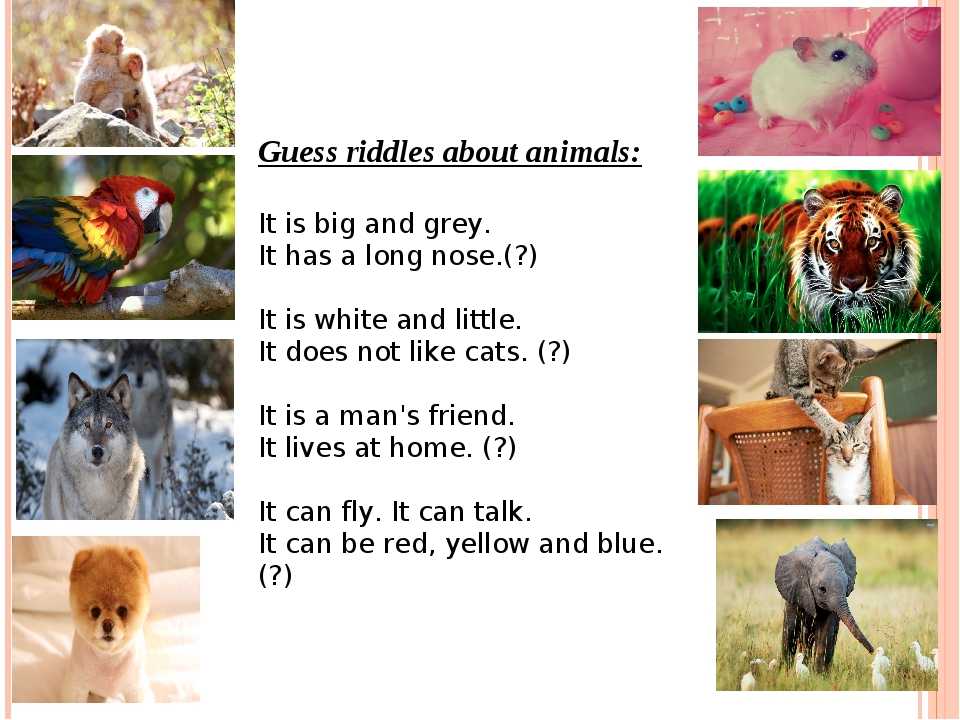 "Nevertheless, I had to explain why others eat. Of course, I talked about it, gave examples. For example, on our travels we saw on some farm in Indonesia in what condition and how poorly equipped the place where the cows were kept was. When Lena grew up, to be honest, I showed her some videos of how animals are kept, but at her request. She said, "but show me? is there a video?". I didn’t want to injure, but I decided that she was ready. But she didn’t turn them on around the clock, these were one-time situations, ”Tanya laughs. nine0005
"Nevertheless, I had to explain why others eat. Of course, I talked about it, gave examples. For example, on our travels we saw on some farm in Indonesia in what condition and how poorly equipped the place where the cows were kept was. When Lena grew up, to be honest, I showed her some videos of how animals are kept, but at her request. She said, "but show me? is there a video?". I didn’t want to injure, but I decided that she was ready. But she didn’t turn them on around the clock, these were one-time situations, ”Tanya laughs. nine0005
Now Tanya is sure that Lena will never eat meat, but she thought a lot about "what if". He says he'll be okay with it.
"She has a very empathetic attitude towards animals, it's hard for me to imagine that she can start eating them. Let's imagine that she's some kind of transitional age, protest, to spite me. I'll take it normally. Even if there is such a request, then, I'll probably even give her money to buy a non-vegan burger or go to a restaurant where there's no alternative.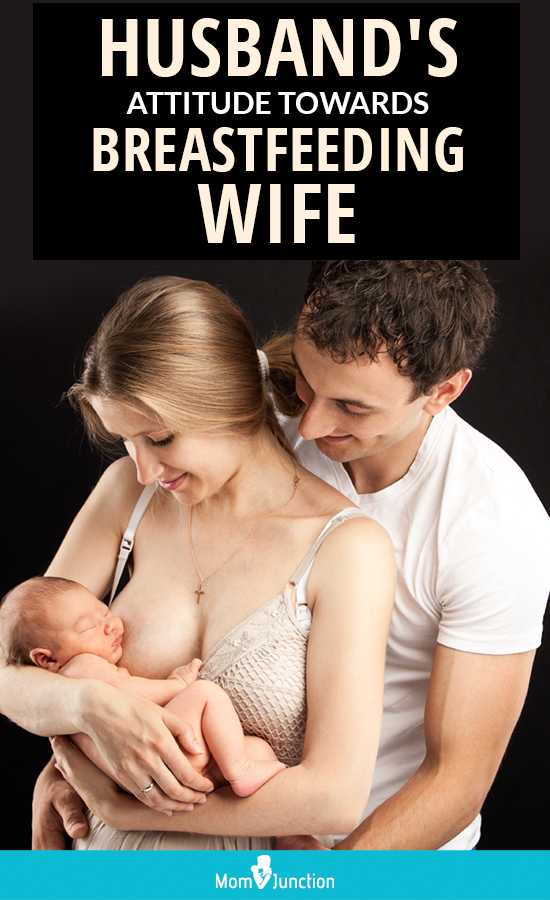 of everything, at home we will also have a rule that no one brings or eats an animal. And if somewhere outside the house, it’s her business, "says Tanya. nine0009
of everything, at home we will also have a rule that no one brings or eats an animal. And if somewhere outside the house, it’s her business, "says Tanya. nine0009
It is necessary to accustom to a "conscious approach to life"
There are about 900 subscribers in the "Vegan Athens. Tomsk" group now. Here, like-minded people share their finds of plant products in stores, consult, make joint purchases of goods that are not yet sold in Tomsk or are expensive. Among the subscribers of the group, we tried to find families with children. Among those who adhere to a strict plant-based diet, there are no parents. There are vegetarian parents and those who aspire to veganism. All of them refused meat for various reasons: religious, ethical, for reasons of healthy eating. The problems with parenthood without meat are similar for everyone: misunderstanding of relatives, difficulties with catering in a kindergarten, lack of like-minded people with children and doctors who would recognize the rejection of meat as a full-fledged diet and could advise. nine0009
nine0009
Margarita Borisova hasn't eaten meat since 2010, but fish remains in her diet so far.
"It all started after getting acquainted with various energy practices. The understanding came that it is impossible to manage one's life consciously if the physical level is polluted and there is a constant supply of low energies. Meat is a product of violence, saturated with emotions of fear, anger that animals experience at the time of death Further, interest in the improvement of the body and the ethical, energy side of the issue developed, "says Margarita. nine0005
She has one son who is still breastfed and eating normal food. There is also no meat in his diet, but fish and dairy products are present. Margarita believes that children should be taught to "a conscious approach to life" from the very beginning.
“
The modern consumer approach to everything, including living beings, is the path to the degradation of the individual and society.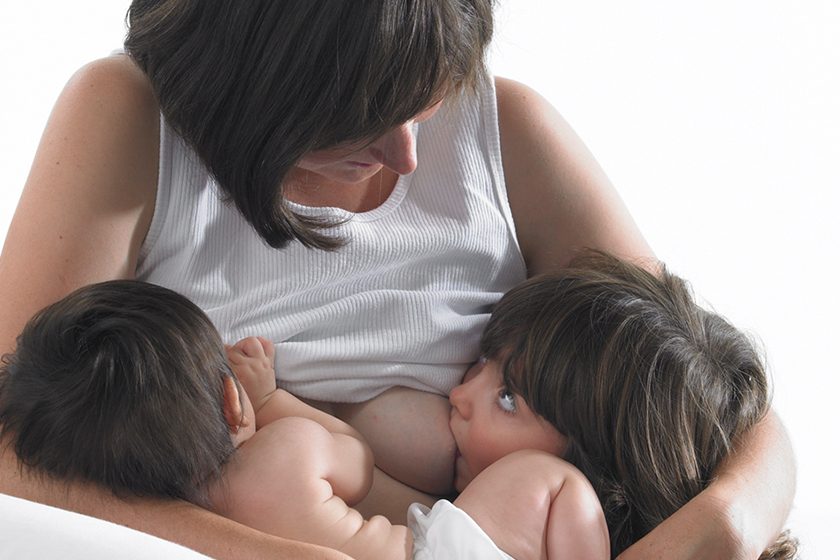 Life is a value, you need to act conscientiously with all living beings, - says Margarita. - Sometimes it seems to me that society has become so degraded that there would be those who would not mind eating people. It's just that the problem is that they are not packaged beautifully and are not laid out on the shelves of the supermarket. Another would be a promotion with a significant discount, and the queue is provided. nine0004
Life is a value, you need to act conscientiously with all living beings, - says Margarita. - Sometimes it seems to me that society has become so degraded that there would be those who would not mind eating people. It's just that the problem is that they are not packaged beautifully and are not laid out on the shelves of the supermarket. Another would be a promotion with a significant discount, and the queue is provided. nine0004
He says that he is not at all afraid that his son will not get enough nutrients: with "an adequate approach, when people eat more than one fried potato", this cannot happen. And what really makes the situation difficult is the rejection of the rejection of meat by relatives. "They are worried about the health of children, but they do not shine with their health."
In 2018, sales of products for vegans in Russia reached almost 10 thousand tons per year compared to four thousand tons in 2014. According to the "Analysis of the Market for Vegan Products in Russia" prepared by BusinesStat in 2019year, sales in the country grew at a rate of 18. 6-32.2% per year. Experts believe that sales growth is associated with trends in the environment and a healthy lifestyle. One way or another, the growing popularity of vegan milks and other products is forcing manufacturers to introduce these products into their lines. Analysts believe that the number of vegan consumers will grow and in 2023 the volume of the Russian market of plant products will reach 34.5 thousand tons.
6-32.2% per year. Experts believe that sales growth is associated with trends in the environment and a healthy lifestyle. One way or another, the growing popularity of vegan milks and other products is forcing manufacturers to introduce these products into their lines. Analysts believe that the number of vegan consumers will grow and in 2023 the volume of the Russian market of plant products will reach 34.5 thousand tons.
The process is delicate and complex
Physician and nutritionist Natalya Gavrisheva has neither negative nor positive attitude towards plant-based diets. Says vegan and vegetarian diets can be appropriate for everyone, including pregnant women, breastfeeding women and children. But you need to take the matter seriously. “We went and passed a biochemical blood test, tests for the state of microelements: which ones are sagging, which are in excess, which are normal. After that, you can talk with a nutritionist and a nutritionist. Of course, there should be no gastroenterological problems, problems with the thyroid gland ", says the doctor. nine0005
Of course, there should be no gastroenterological problems, problems with the thyroid gland ", says the doctor. nine0005
At the same time, in her opinion, the transition to a vegan diet for children is a more complex and delicate process, since many trace elements are required for the formation of the skeleton and bones. It is necessary to constantly monitor that everything is in abundance for the child, there are no anemic conditions.
"And this is really difficult in our climate. If I am not a supporter of any kind of nutrition, then as a specialist I would personally be closer to the concept of paleo diet - so to speak, regional nutrition. That is, to consume those foods that grow in our region. And So, first of all, such people who choose the concept of vegetarianism and veganism for themselves and their children must undergo medical examinations every six months, take biochemical blood tests, this is the most striking marker. since many are deficient in vitamins A, B12, retinol. The maximum amount of vitamins we still have in animal food, whether we like it or not, but the dry facts of biochemistry are as follows, "explains the nutritionist. nine0005
The maximum amount of vitamins we still have in animal food, whether we like it or not, but the dry facts of biochemistry are as follows, "explains the nutritionist. nine0005
* * *
Text: Elena Bronnikova, Roman Chertovskikh
March, 2020
SUPPORT TV2!
monologues of vegetarian parents about raising and feeding children
My husband and I have been vegetarians since the birth of the eldest. During pregnancy, it was periodically unpleasant for me to eat meat, and after giving birth, we simply decided to try to give up meat and fish altogether. It was interesting how this would affect well-being. At first, we sometimes ate meat dishes in restaurants, at a party, but then we realized that it was somehow more pleasant without them. That is, the initial motivation is health and well-being. A little later, ethical reasons were added, which is why meat left the diet completely, as well as leather products. We didn't cut out dairy and eggs - I feel this is like a bridge between our new habits and the world in which elderly relatives live. And, of course, this makes it much easier to choose food out. I have no illusions that I am saving animals with my choice, I know that this is a drop in the ocean. It's about the inner sense of rightness. When we became vegetarians, it was like something fell into place. nine0005
We didn't cut out dairy and eggs - I feel this is like a bridge between our new habits and the world in which elderly relatives live. And, of course, this makes it much easier to choose food out. I have no illusions that I am saving animals with my choice, I know that this is a drop in the ocean. It's about the inner sense of rightness. When we became vegetarians, it was like something fell into place. nine0005
Our children also grow up without meat. I don’t really know how else to believe in something, but to raise children differently. Yes, and why? It has long been known that a well-constructed vegetarian diet is no less complete than a traditional one (and vice versa, traditional does not mean balanced). If you can not eat meat and be healthy, why eat it?
About the conscious decision: Vegetarians are often accused of making decisions for the child. Here is such a thing - parents always make decisions for the child (up to a certain point).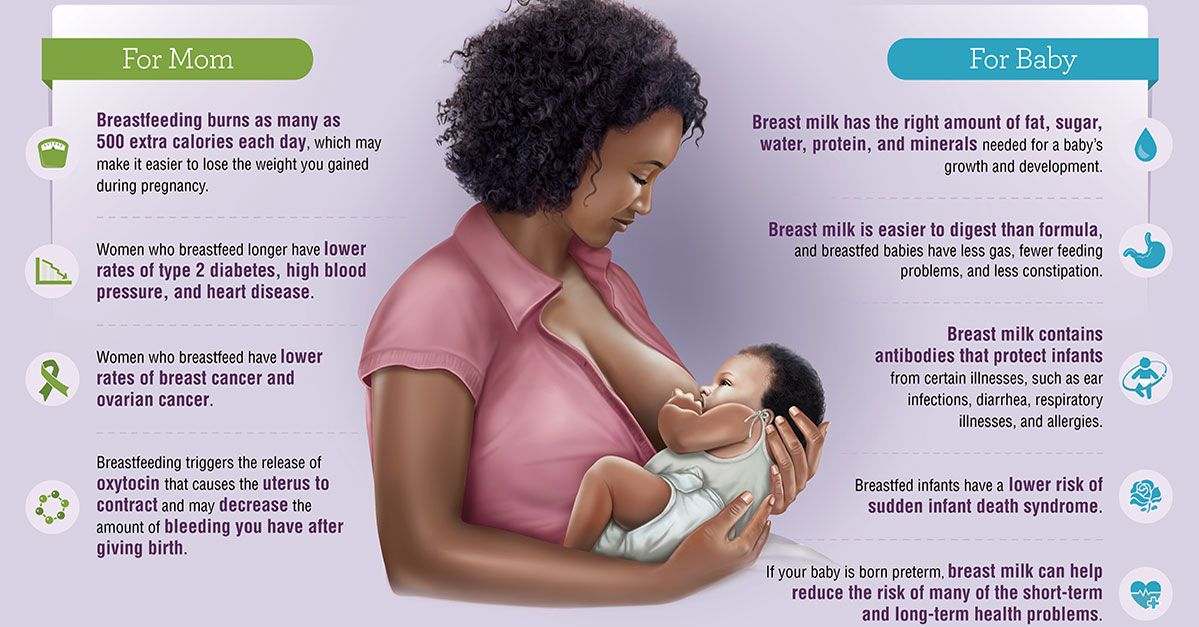 It is impossible not to make a decision about nutrition, you need to feed. It turns out that traditionally eating families make decisions for their child. And, given the results of the research, my choice is no worse. nine0005
It is impossible not to make a decision about nutrition, you need to feed. It turns out that traditionally eating families make decisions for their child. And, given the results of the research, my choice is no worse. nine0005
We have been discussing our way of life with the elder for a long time, telling why we live like this. He supports our views and even says that he is glad that he was never fed meat. Of course, it may be that he grows up and wants to eat differently. Of course, this will be his decision and will concern only him. It’s the same with the youngest, she’s just too small for such conversations.
My first pregnancy was not yet completely vegetarian, but I faced low hemoglobin levels. During the second pregnancy, its level was higher (although I remained breastfeeding at that time, by the way). However, I felt great in both, and the decrease in hemoglobin levels in the third trimester is a natural process. With my son, the beginning of breastfeeding was very difficult, but these problems were not related to nutrition. GV from the youngest is absolutely problem-free, not a single lactostasis. nine0005
GV from the youngest is absolutely problem-free, not a single lactostasis. nine0005
I have always come across progressive and delicate doctors, I did not receive pressure or condemnation from them - both during pregnancy and from the pediatrician. Our pediatrician is not against children's vegetarianism, he just recommends following the tests.
To get acquainted with adult food, we chose infant food - when a child is given microdoses of food from a common table. At first it was seasonal vegetables, fruits and cereals. This approach did not cause any complaints from our pediatrician either.
Both my husband and I and our children take vitamin D and B12. Vitamin D is needed by everyone, regardless of the type of diet. B12 is found in both eggs and dairy products, but I know that omnivorous people are often deficient, its consequences are serious, and overdose is almost impossible. nine0005
Our environment is also friendly and accepting — only my grandmother grumbles. But she always grumbles. Both my parents and my husband's parents respect our decision and lifestyle, and my husband's brother even decided to try vegetarianism too and got involved. Among our friends, we have many vegetarians, including those with children. So no one feels like renegades.
But she always grumbles. Both my parents and my husband's parents respect our decision and lifestyle, and my husband's brother even decided to try vegetarianism too and got involved. Among our friends, we have many vegetarians, including those with children. So no one feels like renegades.
I have been a vegetarian for about ten years with a pregnancy break. The decision to eat like this is rather ethical. I have two cats and two dogs at home - they are full-fledged members of the family, but I don’t divide animals into pets and those who can be eaten in cold blood, they are all too cute for me (fish too), plus I hate to cook and almost never do this I don’t, so the prospect of gutting someone and butchering my delicate mental organization hurts wildly. nine0005
During pregnancy, I told the doctor that I was a vegetarian, at first she did not react in any way, but then the tests showed that hemoglobin is wildly low, and for a child this is a risk of all sorts of complications and problems, so she strongly recommended not to be selfish and although I would like to temporarily return the meat, and eat it every day and at least once a week eat the liver - I have it at the top of the list of vile foods that cannot be eaten in principle.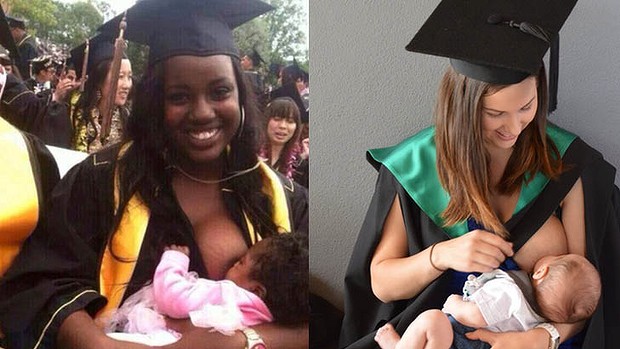
As a result, all these tricks with food could not raise hemoglobin, I felt sick from iron preparations, but this did not seem to affect the child in any way, he is all right with his health. I was only in the maternity hospital for two days, I ate my own products, mainly dairy products, and there was no time for food. GV seemed to go well, the child ate a lot and with pleasure, but too often, frankly, he hung on his chest without ceasing for two weeks and somehow didn’t sleep very much, didn’t gain weight very much and generally looked forever hungry. Therefore, after two weeks, we began to supplement him with formula, he appreciated it, began to sleep well and generally looked much better. Then, by the age of four, it somehow disappeared by itself, I could eat meat after giving birth for a couple of months, then I stopped. nine0005
When complementary foods were introduced, they gave my son everything as it should be according to the WHO, including meat.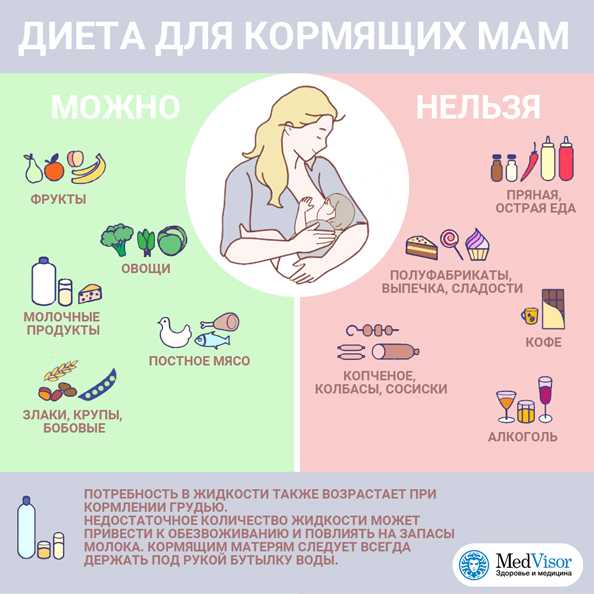 In general, he is a big fan of food, at first he ate everything that was offered, now there are some preferences. His father prepares meat dishes for him, he is not a vegetarian. I'm not going to raise a vegetarian out of my son, let him eat what he likes. If he himself decides that he does not want to eat meat, then he will not, but he is still two and a half years old, and it is too early to raise ethical issues.
In general, he is a big fan of food, at first he ate everything that was offered, now there are some preferences. His father prepares meat dishes for him, he is not a vegetarian. I'm not going to raise a vegetarian out of my son, let him eat what he likes. If he himself decides that he does not want to eat meat, then he will not, but he is still two and a half years old, and it is too early to raise ethical issues.
I have been a vegetarian for nine years now. I started going to yoga, I didn’t think about nutrition, but gradually I became interested in this aspect in the knowledge of my body. I remember that the teacher painted the process of digesting meat so colorfully that I even felt a little nauseous. Then for the first time I thought about vegetarianism. I lived in Siberia and, apart from my then yoga teacher (who still ate fish and meatballs, as I later found out), I didn’t see live vegetarians. nine0005
By the time of pregnancy, I had already gone through all the stages from a stubborn neophyte who seeks to pass on his newfound knowledge to the whole world, and a connoisseur of 100,500 recipes for ordinary dishes, only without meat, to a calm person who lives in his own rhythm and with his own taste preferences, no longer worrying about food at all. Therefore, when my husband and I decided to have a baby, I didn’t even think about changing my diet specifically for this. I don’t perceive meat as food for a long time, so I don’t think that I have any restrictions in food. Everything is familiar and understandable. nine0005
Therefore, when my husband and I decided to have a baby, I didn’t even think about changing my diet specifically for this. I don’t perceive meat as food for a long time, so I don’t think that I have any restrictions in food. Everything is familiar and understandable. nine0005
I didn't tell my gynecologist about vegetarianism. The topic somehow did not come up, but my tests were good. Moreover, the doctor monitored my indicators quite scrupulously, and I arrived at the maternity hospital with a mini-volume of "War and Peace", to which I received a bewildered question: "Were you prepared for space?" The only point is that by the end of pregnancy, I often took a hemoglobin test, it was a little low, but this is, in principle, a common phenomenon closer to childbirth.
At the maternity hospital, I ate according to the good old principle "eat breakfast yourself, share lunch with a friend, give dinner to the enemy." Porridge and cocoa for breakfast, a side dish for lunch (I gave cutlets to neighbors), and for dinner there was always something mixed, so I just didn’t take it.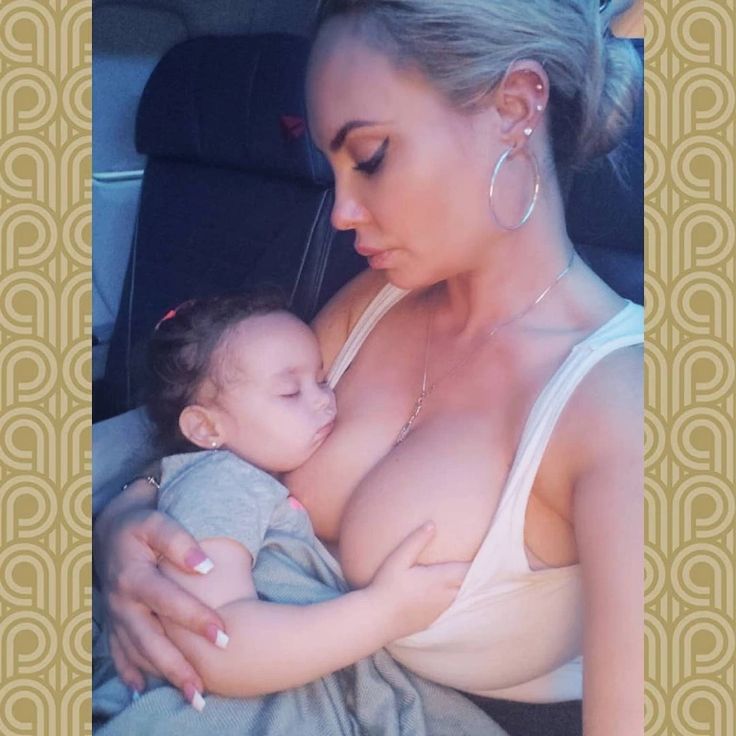 But my husband brought me yogurt apples, that was enough, because I didn’t feel like eating from the stress I had experienced. I did not have a special breastfeeding diet, the child calmly tolerated fresh fruits and vegetables without rashes and allergies. nine0005
But my husband brought me yogurt apples, that was enough, because I didn’t feel like eating from the stress I had experienced. I did not have a special breastfeeding diet, the child calmly tolerated fresh fruits and vegetables without rashes and allergies. nine0005
GV seemed to be fine, if that's the case at all. For a couple of weeks I adjusted it with tears in my eyes, then the baby and I got used to each other, and I fed him for two years. I have no experience of having a baby during a meat diet, so I cannot say how vegetarianism affected this process. But, of course, it was not easy for me at first, I read articles, forums on breastfeeding and realized that I was facing the same problems as most moms on the Internet. Vegetarians or not, I find it difficult to answer. nine0005
My husband and I are veteran vegetarians, we do not perceive meat as food, we have forgotten how and why. Accordingly, the child also does not eat it. I know, and from my own experience I was convinced that it is quite possible for a vegetarian to live, grow and even get fat.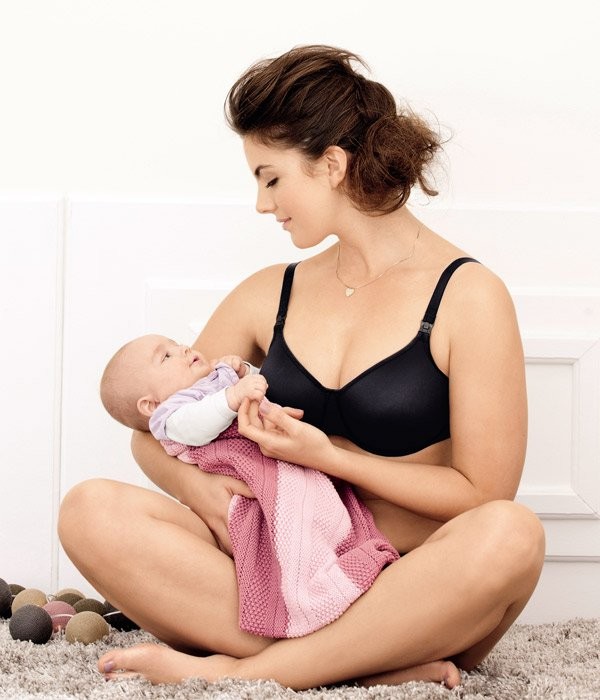 Therefore, I think, since our son was born in such a family, then so be it. In addition, it would be strange for me to consider that meat is a harmful product, but at the same time feed it to a child, something does not add up here.
Therefore, I think, since our son was born in such a family, then so be it. In addition, it would be strange for me to consider that meat is a harmful product, but at the same time feed it to a child, something does not add up here.
I adhered to pedagogical complementary foods. I introduced it myself, periodically consulting with a pediatrician. We started with vegetable purees, and then vegetables, cereals, fruits, milk, pastries. My son ate everything, tried everything, now he is picky, Plato has a pretty cool temper, he always has. And now 70 percent of the diet is pasta, potatoes, milk, apples, bananas and olives. He is a three-year-old, a stubborn and impenetrable three-year-old, wary of any changes. Of course, I did not offer him chicken, but there is a feeling that he will not even look at it, because it is not pasta and not a croissant. We wintered with him twice in Asia, I expected that this would expand his food preferences, but even in the land of a variety of delicious fruits, he demanded pizza and watermelon, I hope that with age he will show more interest in new foods. nine0005
nine0005
The child lives in a family of vegetarians who do not allow the thought of starting to eat meat. I have reasons for this and answers to questions - why is it so, and not otherwise. Accordingly, in our family, food will remain the same. When he starts asking and being interested, I will explain to him, I will try my best so that he understands why this product is not even a product at all, but someone's life. I think that this is my task as a parent - to convey what is right and what is not (from my point of view, of course). And then, when he grows up, forms his position on vegetarianism and decides that something does not suit him, then this will be his choice. In any case, he will have his own life and his own head on his shoulders, I will accept and understand this. Naturally, I will not nightmare or scold. But I won’t cook steaks even for my blood. It's my choice. nine0005
I basically don't feel pressure, because I no longer think of myself in the context of vegetarianism, this has long become commonplace. Now there are many catering places where you can order vegetarian dishes, quite diverse, I must say. So we sort of fit into society. Relatives are far from us, and we discussed this topic a couple of times when our son was born, and then we stopped. If they don't like something or something bothers them, they don't tell me about it.
Now there are many catering places where you can order vegetarian dishes, quite diverse, I must say. So we sort of fit into society. Relatives are far from us, and we discussed this topic a couple of times when our son was born, and then we stopped. If they don't like something or something bothers them, they don't tell me about it.
The child and I are not yet talking about vegetarianism and ethical treatment of animals, to be honest, he does not really understand. But gradually we will talk with him on this topic. Gently, of course, and in a child's language. Although at this stage, it seems to me that an ethical attitude towards animals is a very, very natural moment for a baby, after all, he has almost all fairy tales with the main characters-animals. I think a lot is also being laid now, albeit subconsciously. After all, he loves stories about animals, follows their adventures, worries when they find themselves in difficult situations. Well, plus, he absorbs the lifestyle of his family, sees the habits and preferences of his parents, so many moments will be quite natural for him. For example, not wearing leather and fur products has been the norm for him since childhood. nine0005
For example, not wearing leather and fur products has been the norm for him since childhood. nine0005
I became a vegetarian in 2012. My motives were purely ethical, I always loved meat and thought that it would be hard to refuse it. At the same time, I started thinking about it quite a long time ago. For the first time at the age of ten, when I was visiting my grandmother, and my uncle slaughtered a chicken, which I considered almost my pet. I cried and, of course, refused to eat it. Then the thought came to me that eating animals is wrong.
Relatives and acquaintances did not support me at all, so I put off everything with the decision. Then (as often happens when you strive for something) all of a sudden more and more vegetarians and vegans began to appear around me, and then one day I just stopped eating meat and that's it. It turned out to be very simple, I was afraid for nothing. nine0005
When I got pregnant (in 2015), for some reason I decided that I needed to take a break.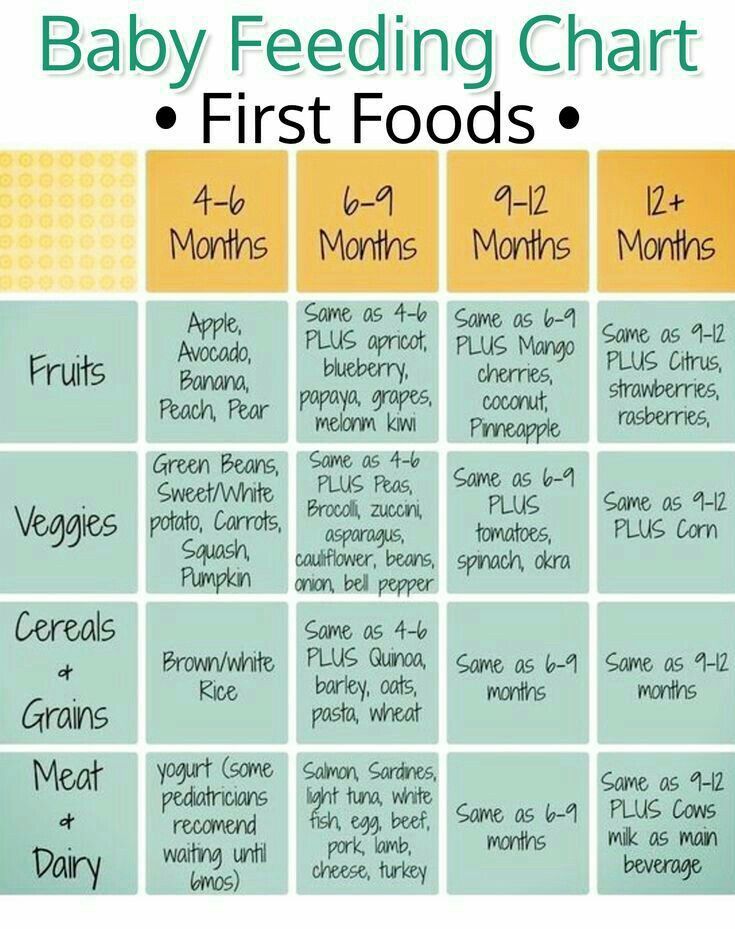 Then I really regretted it, I didn’t like eating meat anymore, and I practically didn’t eat it. I told the first doctor that I was a vegetarian, she was very unhappy, said that this was the cause of my iron deficiency anemia, that I was underweight from this, and so on.
Then I really regretted it, I didn’t like eating meat anymore, and I practically didn’t eat it. I told the first doctor that I was a vegetarian, she was very unhappy, said that this was the cause of my iron deficiency anemia, that I was underweight from this, and so on.
Then I had to change the gynecologist and the second one I decided to just not say anything. I had no problems with pregnancy, it was very easy for me, the birth also went almost smoothly. Although later the child developed jaundice, and the doctors at the maternity hospital frightened me so much that I don’t remember that time at all, and even more so what we were fed there. It seems that I ate everything except meat. nine0005
Breastfeeding was creaky, my doctor also attributed this to the fact that I don't eat meat, they say, that's why I don't have milk either. At home, they gave me some special drinks to increase lactation, but this did not help. I just suffered for a month, and then it somehow hopped and got better.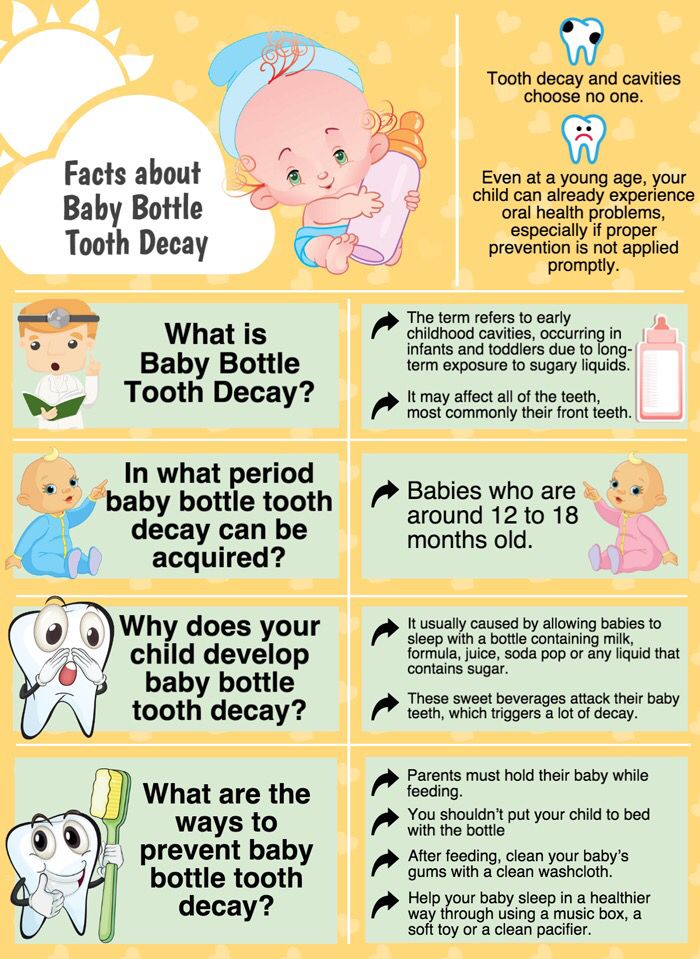 As a result, I fed the child for two years, vegetarianism did not bother me in any way.
As a result, I fed the child for two years, vegetarianism did not bother me in any way.
My husband and I (he is not a vegetarian) immediately decided that we would give the child meat (it seems to me that vegetarianism should still be a personal choice), but if he decides to give it up when he grows up, we will agree and we will not put pressure. However, we never forced him to eat anything. In general, I am against pushing a certain “norm” into a child: if he refuses, I don’t insist. Although at the same time we are quite (perhaps too) strictly monitoring what he eats, for example, we don’t give him sweets at all (rarely cookies or ice cream, but no sweets, cakes and chocolate) and we don’t allow this to grandmothers. Well, he doesn’t eat fast food, but also sausages, sausage and so on. nine0005
As for meat, at first (they started offering it at eight months) Zakhar refused it. In principle, he then refused everything. Of course, I tried, as expected, to introduce complementary foods at six months, I started with cottage cheese, then I tried everything, but he preferred breast milk.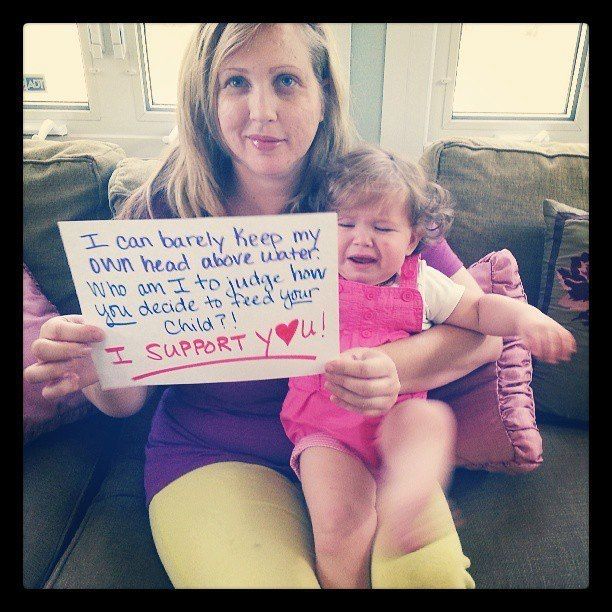 Until the age of ten, he practically did not eat adult food, and he began to treat meat normally even after a year and a half. Now he likes it. I explain to him where it comes from, but once, when he was a little over a year old, he saw his husband cleaning fish and fell into hysterics, because before that he had only seen them alive. But I think that now Zakhar already understands everything, he loves books and documentaries about animals, and there is always someone hunting and eating someone. So now he calls himself a cougar and a predator, and food (and not just meat) is his prey. nine0005
Until the age of ten, he practically did not eat adult food, and he began to treat meat normally even after a year and a half. Now he likes it. I explain to him where it comes from, but once, when he was a little over a year old, he saw his husband cleaning fish and fell into hysterics, because before that he had only seen them alive. But I think that now Zakhar already understands everything, he loves books and documentaries about animals, and there is always someone hunting and eating someone. So now he calls himself a cougar and a predator, and food (and not just meat) is his prey. nine0005
I have been a vegan for about six years, before that I was a vegetarian for several years. It all started with ethical beliefs, during pregnancy, the benefits of such nutrition began to play an equally important role.
The pregnancy proceeded without complications, I did not inform the municipal doctors about my diet, or nodded: “Yes, yes, I eat, I drink. ” In the paid clinic where I was observed, I honestly said everything and did not hear a single word against it.
” In the paid clinic where I was observed, I honestly said everything and did not hear a single word against it.
In the maternity hospital, I lay in a separate room for only three days, to be honest, I vaguely remember this time, but, most likely, I had my own food, something hospital can also be consumed if it is vegan. nine0005
Just in time, during breastfeeding, which lasted a year and eight months, I introduced complementary foods, simply by studying the issue on my own. It so happened that this time fell on our stay in Thailand, where there were wonderful soft natural fruits. Lena has never tried puree from cans.
My daughter has been vegan since birth. There is no particular reason for this, it is as natural as eating meat in most other children. This is a rhetorical question: who does not give whom a choice? Meat-eaters parents to their children who are forced to eat meat, or vegan parents? It is not for them to condemn us and not for us to judge them.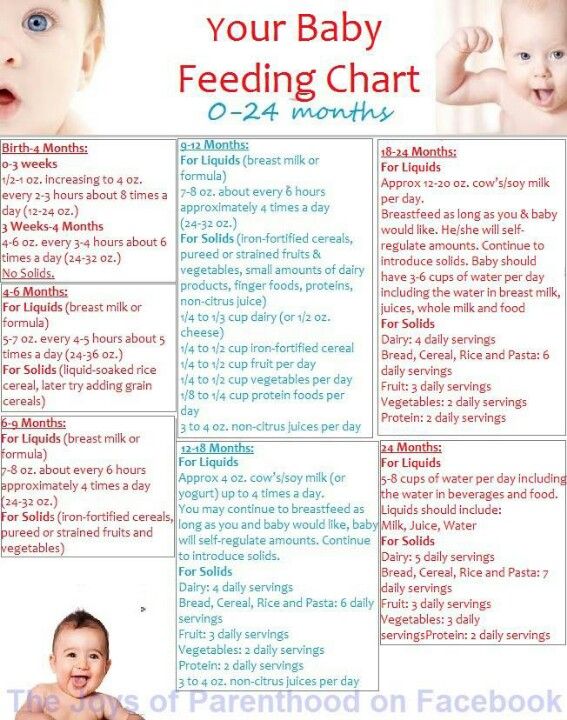 Up to a certain point, we make choices for children about everything - clothing, medical interventions, nutrition. Talking about the choice of children before a conscious age is absurd. nine0005
Up to a certain point, we make choices for children about everything - clothing, medical interventions, nutrition. Talking about the choice of children before a conscious age is absurd. nine0005
I can imagine Lena wanting to eat meat someday. Although, this is very unlikely, in my opinion. But in any case, I'm not going to interfere with her, I don't want to become enemies with her. Sometimes I joke in conversations with my friends that I myself will give her money for Burger King, but, in fact, this is true. I will not forbid her to be non-vegan.
For Lena, veganism is the absolute norm. I didn’t show her any scary videos on purpose, but if we saw in the same Asian countries in what bad conditions animals are transported, then I paid special attention to this. Naturally, I explained what "vegan" means, what "non-vegan" means. Then the need for it disappeared. She asks this question herself and in my absence. nine0005
Those few cases when we went to the doctors were not related to nutrition in any way, on the contrary, for various diagnoses, an essentially vegan diet is often recommended (we are not talking only about children).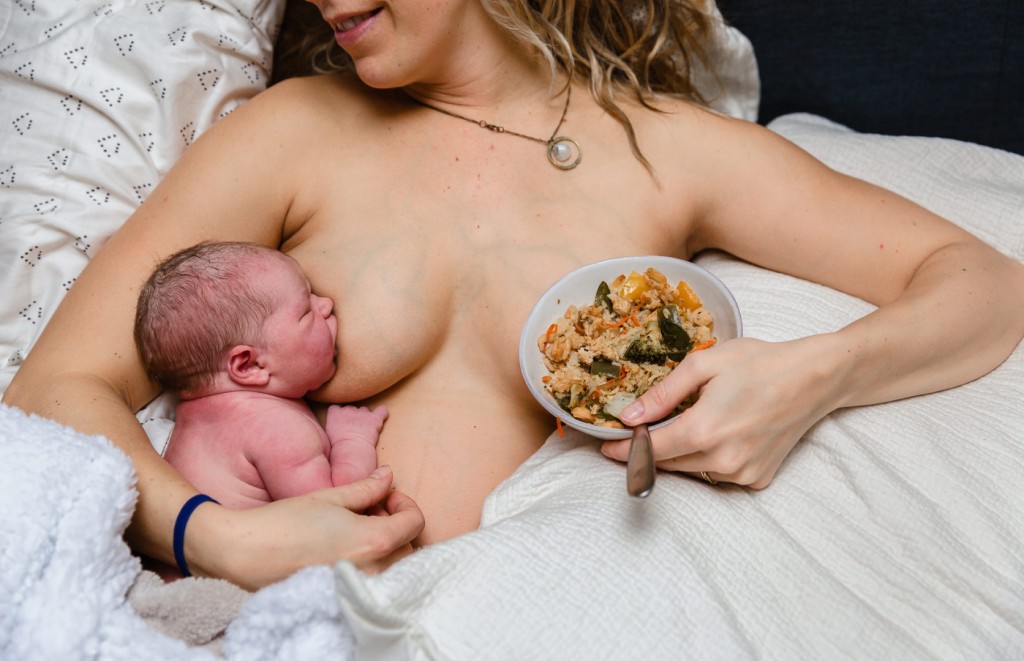 Only once in the municipal polyclinic did an old school doctor criticize our food, but not too aggressively.
Only once in the municipal polyclinic did an old school doctor criticize our food, but not too aggressively.
Unfortunately, on the part of my relatives, I met with a condemnation of how I feed the child, but, including after that, it’s easier for me not to communicate with them than to prove something. The second grandmother became a vegan herself - for several years already! nine0005
I do not experience much pressure from society (well, some isolated cases), although, perhaps, this is only because we have little overlap with some institutions, we are surrounded by people who are either normally related to veganism, or actually vegans . I made arrangements for meals in a private kindergarten and with all the nannies without any problems. And I am one hundred percent sure that the future society will be vegan.
Six years ago, it so happened that I got on a number of articles about meat broths. I will not retell the details, but it was decided not to cook the first courses on them, but to add the finished meat to the plate. After that, for several years, we gave up pork, red meat, left only fish and poultry for reasons of the impact of these products on health. We were quite comfortable. But still, there was not enough lightness, or something. A year later, we had a daughter who, during the introduction of complementary foods, did not agree to eat meat, and then the whole family was poisoned on vacation, first with fish and almost immediately with chicken. nine0005
I will not retell the details, but it was decided not to cook the first courses on them, but to add the finished meat to the plate. After that, for several years, we gave up pork, red meat, left only fish and poultry for reasons of the impact of these products on health. We were quite comfortable. But still, there was not enough lightness, or something. A year later, we had a daughter who, during the introduction of complementary foods, did not agree to eat meat, and then the whole family was poisoned on vacation, first with fish and almost immediately with chicken. nine0005
My daughter continued to refuse meat, and I, after a series of problems due to poisoning, took up the issue of health and nutrition even more deeply. It turned out that I have a hereditary bend of the gallbladder. And such a structural feature of the organ requires some diet. Namely, the maximum exclusion of products of animal origin. It could be ignored, but then it will lead to the removal of the organ and the subsequent diet. Moreover, this is quite real both at 30 and at 50. Naturally, the question arose in my head: why should I consciously go to the operation if I can prevent it? nine0005
Moreover, this is quite real both at 30 and at 50. Naturally, the question arose in my head: why should I consciously go to the operation if I can prevent it? nine0005
Subsequently, it turned out that my husband had a bile duct, and my daughter got a kink from me. In addition, the poisoning also provoked genetic lactose intolerance in Anya, which had previously been dormant. It manifested itself in ulcers on the skin that did not heal. The doctor could not find the cause for almost a year. We changed pediatrician. The new one recommended for the sake of the experiment to exclude all dairy products. The result was not long in coming. All the sores healed on their own within a week, and we did not have to smear them, or give them any antihistamines, and so on. nine0005
In addition to my views on the impact of animal products on health, there are also ethical (thanks to the film Earthlings) and environmental ones. At the moment, for a year and a half, there has been no meat, fish, milk in our house, only vegetable products.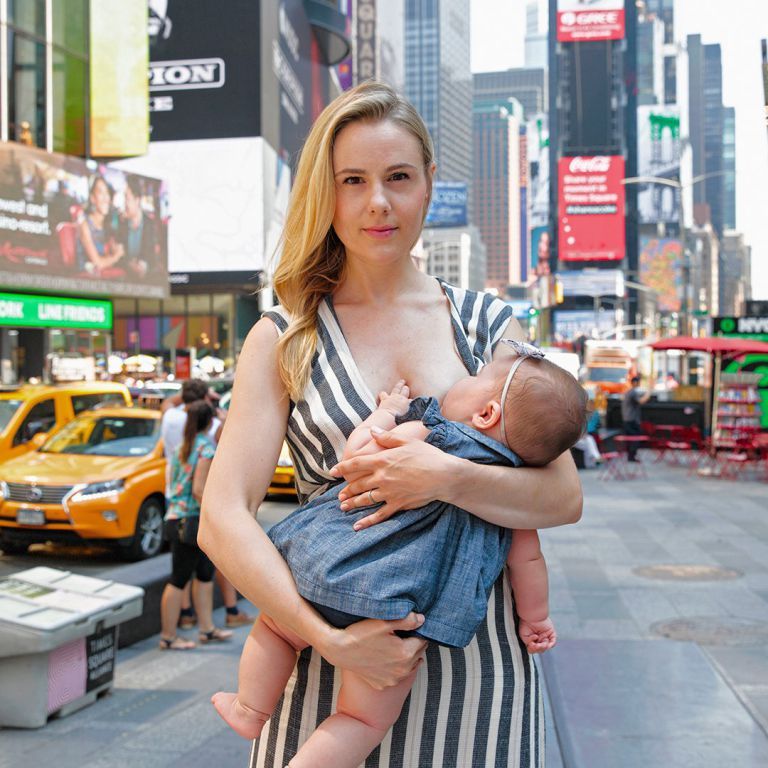 My husband says that now we eat more varied than ever, although I always liked to cook something interesting.
My husband says that now we eat more varied than ever, although I always liked to cook something interesting.
At the same time, in no case do I slander him if he wants to eat a ban outside the house. He is an adult, he has his own head on his shoulders. Although he himself noticed that after coffee with ordinary milk or a classic hamburger, he sprinkles it, and a whole bunch of problems arise in the stomach. nine0005
About your daughter... Someone says: why do you decide for the child? Parents decide something for their children every day. I can also ask parents whose children eat meat because mom gives it. Why don't they torment those whose children eat only pasta and meatballs with questions? My daughter eats more varied than many adults. She loves tofu, vegetables, fruits, drinks smoothies with spinach and prefers dried apples to kinders. She is in excellent health, everything is in order with development, sense of humor and analysis.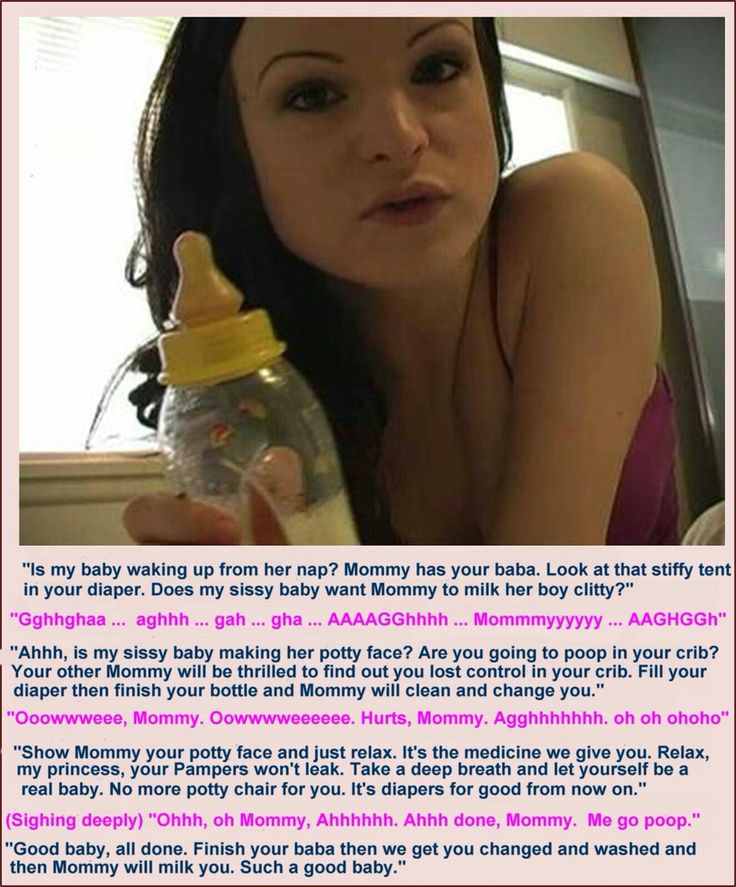 I do not rule out that when she grows up, she may change her diet. But then she herself will be responsible for her health. And while this very burden lies on me, I consider myself authorized to make such decisions. But everything is done with intelligence and the maximum degree of adequacy. In kindergarten, the daughter also does not eat any animal products. When we received a certificate from the regional gastroenterologist, she supported us a lot and praised us for this approach to nutrition. nine0005
I do not rule out that when she grows up, she may change her diet. But then she herself will be responsible for her health. And while this very burden lies on me, I consider myself authorized to make such decisions. But everything is done with intelligence and the maximum degree of adequacy. In kindergarten, the daughter also does not eat any animal products. When we received a certificate from the regional gastroenterologist, she supported us a lot and praised us for this approach to nutrition. nine0005
We gently tell our daughter that violence in general is bad. We are talking about the fact that all types of animals eat differently. Everything is in accordance with her age. Showing a 4-year-old child a slaughterhouse is not our tactic. But to set an example that may become suitable for her in time is quite. We replace clothes and shoes made from animal materials with functional ones. We try to use household chemicals that are not tested on animals as much as possible.

